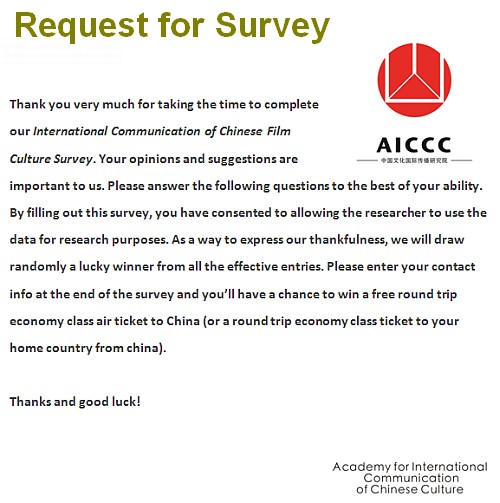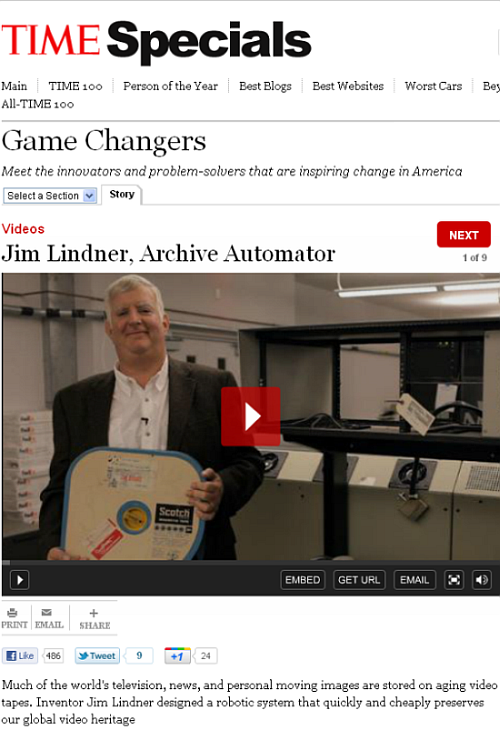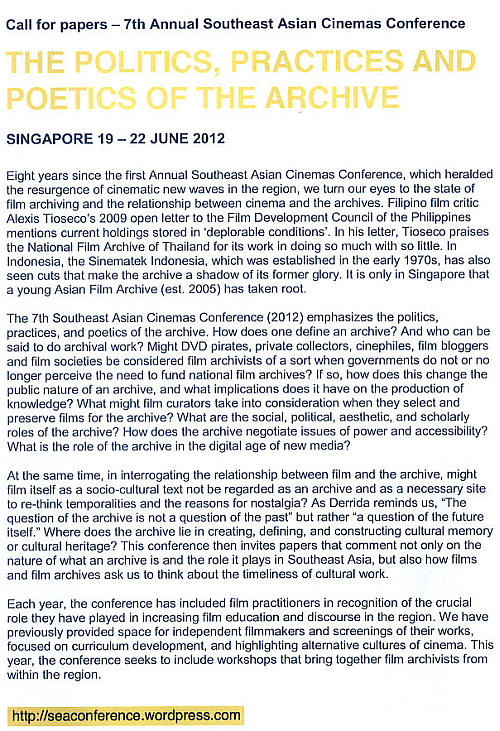Access to information is widely perceived as an uncontested good, a right of the same order as access to clean water and electricity. UNESCO says that universal access will empower people if “they can access and contribute to information and knowledge flows,” and that a digital infrastructure will provide it. Governments all over the world mouth support for these aspirations and the public has come to expect access to all sorts of information wherever and whenever they want and need it, including, and perhaps especially, sound and audiovisual content.
With all the resources and effort expended on digitisation we would expect that by now access to our audiovisual collections should have become universally easier, and the online facilities that could provide unlimited and unmediated access to this content should — given its unprecedented use. Yet, all too often we can only access catalogues with no access to the actual sound, lists with no video, information about information, but not the information itself.
The laws and policies that control use, the technologies that deliver it, and the costs and distribution of resources present barriers to our aspirations. Are we being realistic? Are these constraints now permanently built into the system, or are we just in transition on the way to achieve universal access to the knowledge dissemination systems?
What can be done to ensure that our collections are becoming accessible? How do we deal with copyright? Are strategies in place to ensure accessibility to our collections? Do the technical systems and infrastructure truly support it?
This conference aims to investigate and discuss the issues pertaining to access alongside the following subthemes:
Copyright and IP:
- Copyright and access: does protection of the individual’s rights outweigh the universal right to access?
- How do we circumvent copyright appropriately and provide access for all?
- Access, copyright and reasonable risk
- Orphan works and wider access
Technologies
- Tools that provide access and systems that restrict
- Technical infrastructure and information access
- Portable devices, and sound and audiovisual collections
Users:
- Defining the user
- Increasing use, attracting new users
- From the user perspective: how are people using access? (how access changed the way…?)
- Examining how increased access can affect collection decisions such as acquisition, preservation, and documentation.
Access:
- Access and authenticity
- Successes and failures of providing access in the digital domain
- The impact of access on our archives
- Indigenous use and appropriate access
- Ethics and access
- What does access mean?
- Online vs traditional access – access multiplied or context lost?
- Leveraging access with increased usage of archives
- Sustainable access
- Innovation and access
- What strategies are research organisations and broadcasters planning for access?
- Collaborations and partnerships to make access possible
- Open access: between freedom and control.
Online Access
- Semantic web and access
- Free access or mediated access? Gatekeeper or facilitator? The role of reference staff.
- Access tools/set of tools – access on- and offline
Funding
- The affordability of free access/access for all
- How realistic is access for all from a funding perspective?
The IASA Executive Board invites proposals for presentations, posters and panel discussions for the 43rd IASA Annual Conference, to be held in New Delhi, India, 6-11 October 2012. The closing date for submissions is January 31, 2012. All proposals must be accompanied by an abstract (maximum 250 words).
If you require any further information or have questions please contact the Organising Committee and the conference administrator through enquiries@iasa-conference.com The Conference Convener is Shubha Chaudhuri, and Ilse Assmann and Kevin Bradley are members of the organising committee. Bruce Gordon is the IASA Vice President responsible for conferences. All conference committee members can be contacted on enquiries@iasa-conference.com
The local organising committee is:
- Leela Samson, Chairperson, Sangeet Natak Akademi
- Kamalini Dutt, ex Director, Doordarshan Archives, New Delhi
- Amlan Das Gupta, Director School of Cultural Texts and Records, Jadavpur University, Calcutta
- G. Sundar, Director, Roja Muthiah Research Library, Chennai
- Suresh Chandvankar, Secretary, Society of Indian Record Collectors, Mumbai
- Moe Chiba, UNESCO, New Delhi
- Shubha Chaudhuri, Director, AIIS Archives and Research Centre for Ethnomusicology (Conference Convenor)
Please find all conference information as well as the submission form on the conference website at http://2012.iasa-web.org. It is preferred that presentation proposals are submitted online. However, if you do not have internet access and you would like to submit a presentation or register for the conference, please contact Ilse Assmann by fax at +27 11 714-4419.


